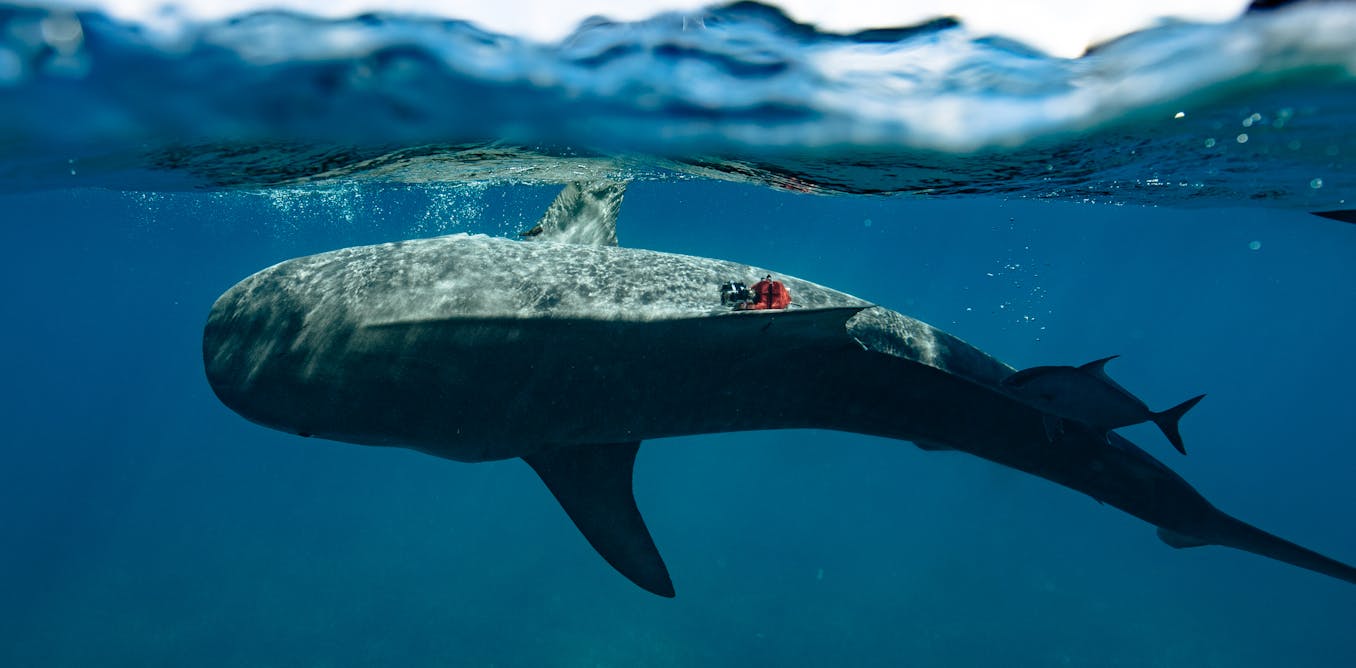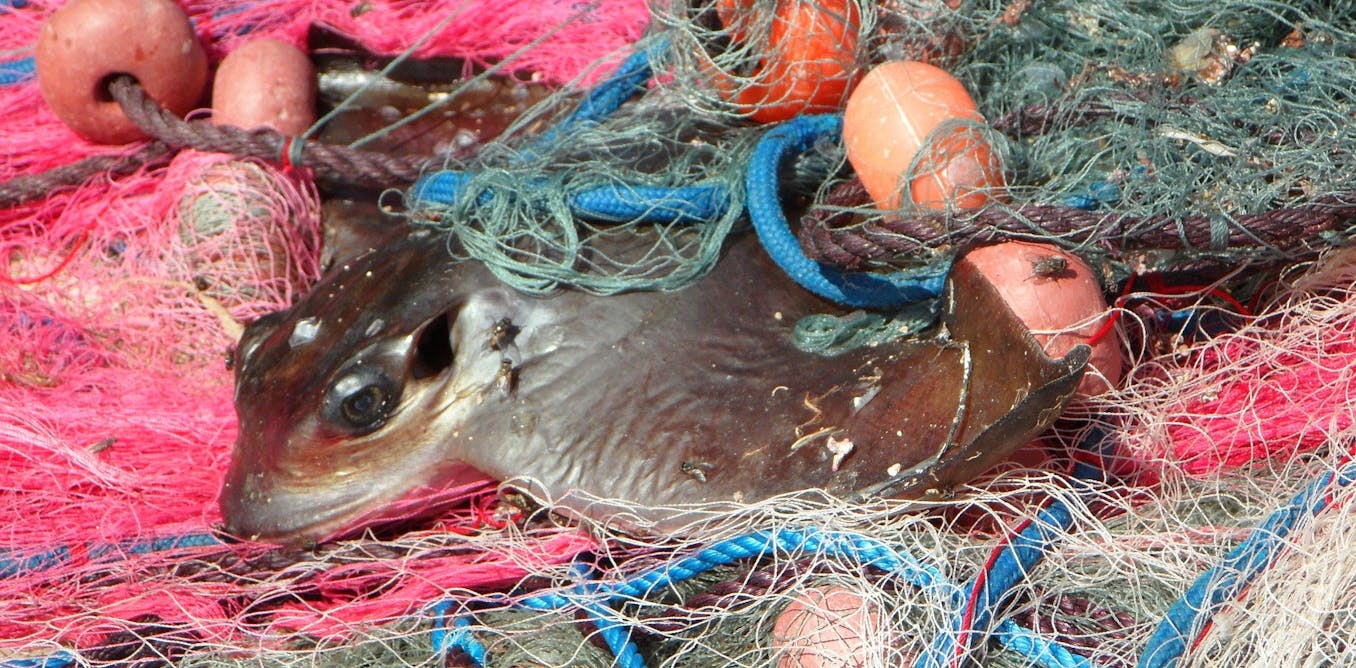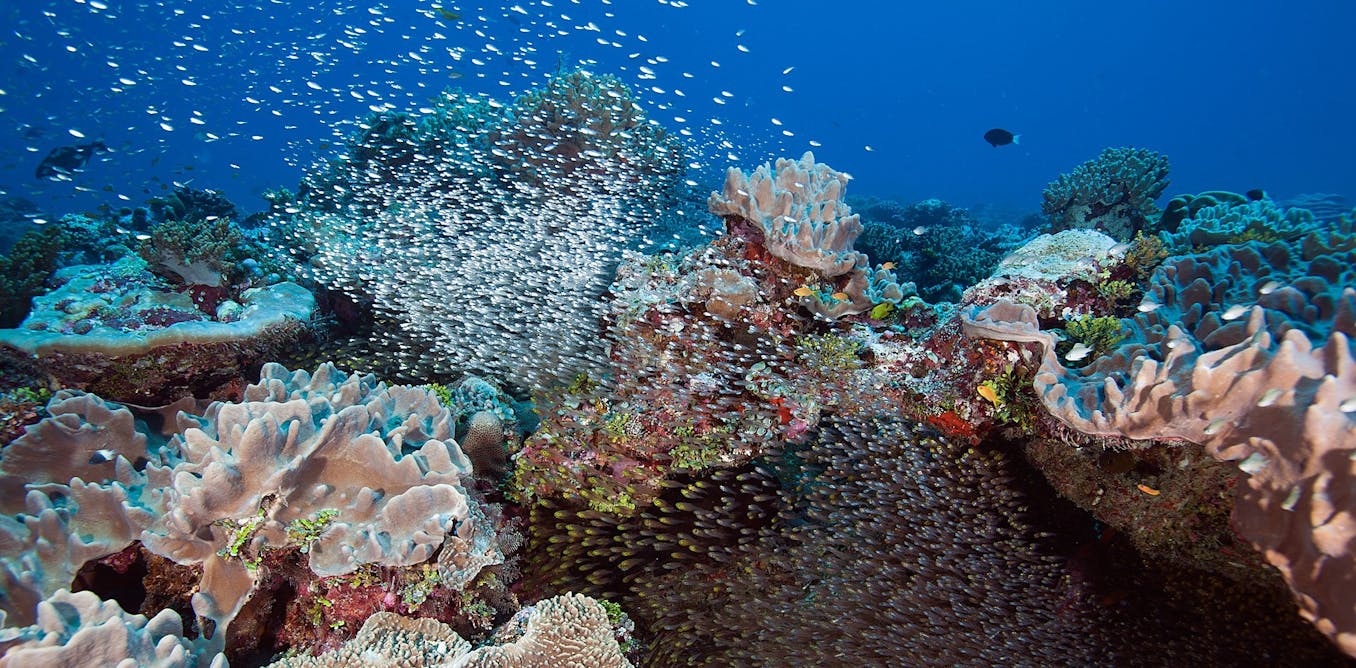To protect ocean environments, 'good enough' might be the best long-term option
In the design of marine protected areas, new research suggests that it might be better to start small in order to gain local trust and support that leads to larger long-term benefits.
May 26, 2021 • ~9 min
The 2021 World Food Prize recognizes that fish are key for reducing hunger and malnutrition
Shakuntala Haraksingh Thilsted, a native of Trinidad and Tobago, is the winner of the 2021 World Food Prize for her work identifying small fish as valuable nutrition sources for developing countries.
May 21, 2021 • ~9 min
Evolution of a smile: 400 million year old spiny fish overturns shark theory of tooth origins
Scientists have long believed that sharks were the first vertebrates to evolve teeth. Our new study reveals a more complex history.
May 12, 2021 • ~6 min
Seaspiracy: how to make fishing more sustainable by tackling bycatch – new research
Tackling bycatch in large-scale fishing can make our seafood habit more sustainable
May 11, 2021 • ~8 min
Watching a coral reef die as climate change devastates one of the most pristine tropical island areas on Earth
Scientists watched in real time as rising ocean heat transformed the sprawling reef. It was a harbinger for ecosystems everywhere as the planet warms.
April 29, 2021 • ~9 min
Five ways fish are more like humans than you realise
You share the same drug habits, the same age-related memory problems and are similarly impatient when forced to wait for food.
March 31, 2021 • ~8 min
/
10









